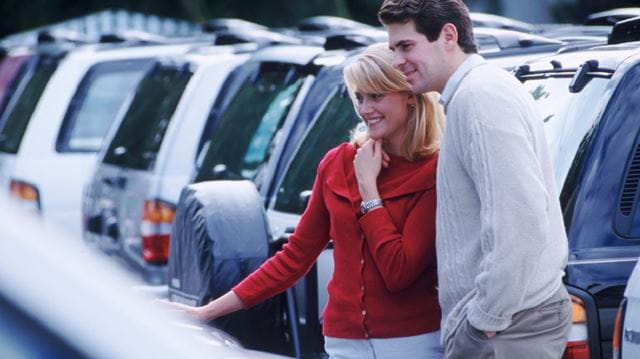
Most UK car dealerships have now re-opened, but should you buy new or used? Top Gear expert Paul Horrell offers some guidance
In most parts of the UK, car dealerships are open again for the first time in months – and their sales have spiked upward.
During lockdown, car dealers could only sell online. They used digital live-link tools to show potential customers their wares. But prospective buyers clearly found it a poor substitute for seeing, feeling and test-driving their candidate cars. In March, new-car sales were down by more than a third versus the 2010-2019 March average.
However, the newly re-opened dealerships are reporting busy trade again due to the pent-up demand. So, you too might have been waiting to change your car. But do you go for a new one or pick something from the dealer's secondhand stock?
Editor's note: A global chip shortage caused by the Covid-19 pandemic has caused delays to car production in Europe. As a consequence, certain brands – for example, Ford and Renault – may not be available to purchase until September at the earliest.
Why buy a new car?
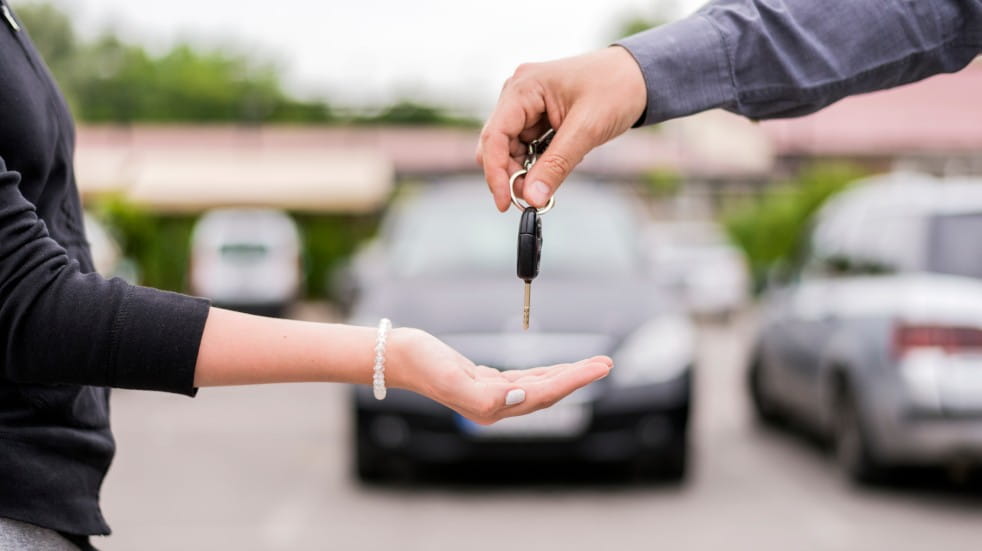
Well, there's that 'new-car smell' – no one else will have sat in or driven the car, except during delivery. You know the hardware will last for years, and even if it does break down, it'll be guaranteed. The 'consumables' – tyres, brake parts, lubricants – will also have their full life ahead of them. And there will be certainty in the car's history, with no chance of it having been damaged and (possibly badly) repaired.
You can also get the latest technology. The basic mechanical stuff, at least for petrol and diesel cars, hasn't changed much over the past 10 years. But connectivity – satnav, Carplay, Android Auto – has moved forward fast.
Thinking of a plug-in hybrid or full-electric car? There has been rapid progress recently with those types of vehicle in terms of choice and range, and there are also financial incentives for buying them new.
What's the main reason to buy a secondhand car?
As with anything – other than antiques – buying older means you can get something you wouldn't otherwise be able to (or want to) afford new, whether that's a bigger car, more power or more specification. There's immense choice – through websites such as Auto Trader, you'll almost certainly be able to find the exact thing you're looking for in a few seconds of searching.
And they're available now, whereas if you order a new car to a particular spec, there might be weeks or months of waiting before delivery.
Do things change depending on if I'm buying by cash or finance?
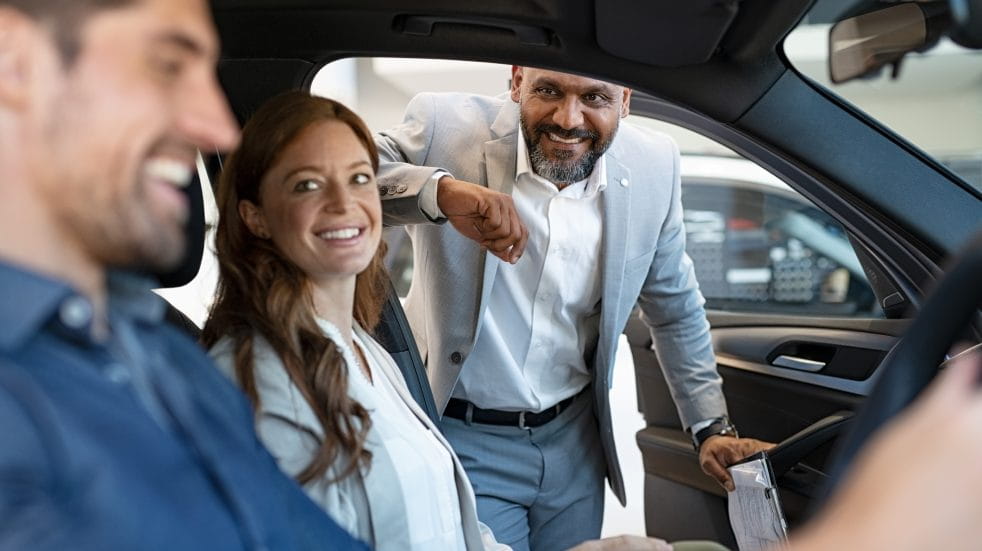
They very much do. Whether it's through PCP or lease, almost all the new cars driven away from dealerships these days are financed. New cars gain more from 'manufacturer support'. In other words, the manufacturer offers a low – or zero – interest rate, or perhaps a contribution towards the deposit. During the pandemic, some manufacturers have actually been waiving the first three monthly payments entirely. You can get your secondhand car on finance, too, but the interest rates tend to be a bit less favourable.
These things can bring the monthly cost of a new car down closer than you'd expect to a used one. Cash buyers – either those using their own savings or a simple loan from a bank – are comparatively rare. But for them, things are more transparent.
Do I need to think about depreciation?
If you're a cash buyer, you absolutely do, because depreciation is the biggest cost in owning a car. You don't see it daily: it's not like petrol. But when you come to sell the car, depreciation will hit you like a runaway train. Most new cars lose about half to two-thirds of their value in the first three years of their life. It typically takes another five years for them to halve again.
Here are some likely round numbers. Buy a new car for £24,000, keep it three years and it might be worth £10,000 at the end. On the other hand, if you buy a car that cost £40,000 new at two years old, it might cost you the same £24,000 – but three years on, it'll still be worth maybe £15,000.
When you buy on finance, it's different. The dealer will be expecting to take the car back at the end of the deal, so will include the expected future value when calculating your monthly payment.
That's why, even among new cars, fast-depreciating models have bigger monthly payments than slow-depreciating ones of the same sticker price. Of course, you can also buy it yourself at the end of the PCP deal – that's called the MGFV (minimum guaranteed future value) or 'balloon payment'. With a lease, you can't.
What about warranties and servicing?
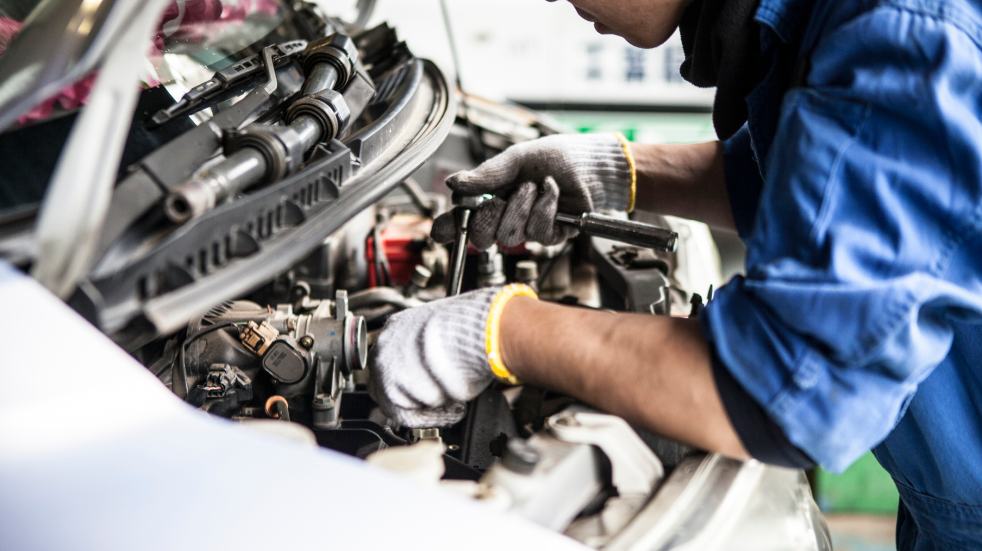
Most new cars come with a three-year warranty. Some go up to seven. Used cars will come with the balance of their new-car warranty. If you buy a used car from a franchised dealer that sells that same brand of car new, you will probably get a better additional warranty than if you buy from an independent dealer.
That's not to criticise the independents, though. Just be sure to check their reviews. They will usually sell you mechanical breakdown insurance, which isn't comprehensive but should cover you against major repairs. You'll have to factor it into the car's price.
Both for new and used cars, a franchised dealer will try to sell you a service package. They're good value, typically including one to three years of services for a fixed price. They want you to come back because servicing is profitable to them and they don't want you taking your business to an independent garage.
Is it different with electric cars?
Very. First, there is now a huge amount of choice. Many more new electric cars are coming onto the market, and their batteries typically provide longer range than the older ones did. So a new electric car might fit your life now, whereas the ones that were new three or so years ago wouldn't ever have worked for you.
There are useful incentives for new EV buyers. If the car is less than £35,000, you can get a Government grant that reduces the price by £2,500. Also, with a new EV, many manufacturers will give you a free home charging point, with installation, if you have a suitable driveway.
However, there's nothing wrong with older EVs if they suit you. It's possible to find good savings on two or three-year-old Nissan Leafs, BMW i3s, Renault Zoes and Tesla Model Ss. There is some fear about battery life, based on the way things like mobile phones lose battery storage after a year or two. But there are now enough eight-year-old electric cars on the road to show that they comfortably last that long, at least. Indeed, most electric cars have an eight-year warranty on the battery that enables you to have it replaced it if it falls below 80 per cent of its original capacity.
New cars meet more stringent emissions standards. With a used car, will I pay more city toxicity charges?
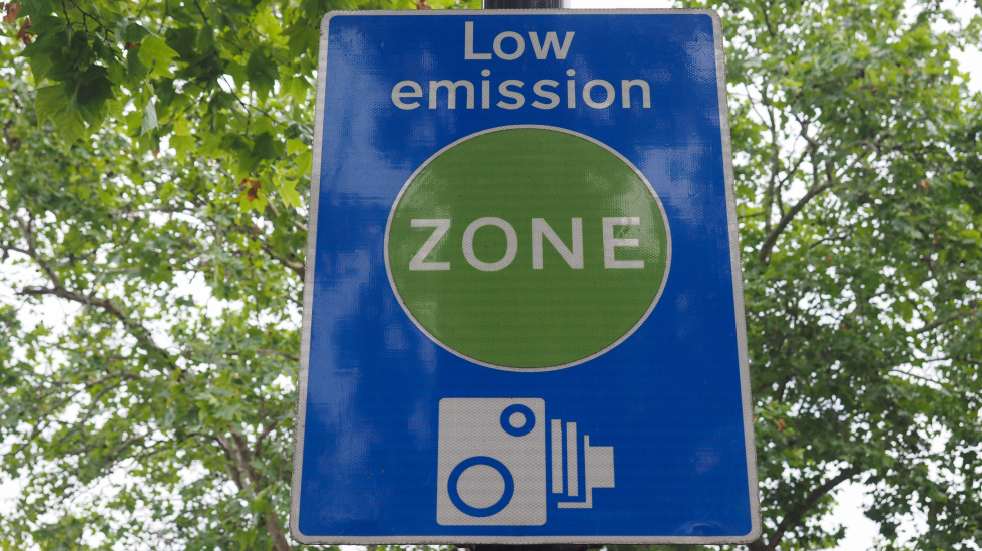
Some cities charge more for older cars, and some ban them altogether. This trend will continue. However, at the moment, no city in Britain has any extra charges for diesel cars that meet Euro 6 standards (which has been mandatory on new cars since September 2015) and petrol cars that can meet Euro 4 (since January 2006). So you have plenty of room to buy a used car and not get hit. The registration document will show the emissions standard the car meets.
Are new cars safer?
In general, yes. You can look up the safety of most car models on the Euro NCAP website. Be aware that the testing standards have changed over the years. A car that received five stars in past years won't be as good as a new five-star car. The site gives details of those changes.
These days, for a car to rate five stars it doesn't just have to protect the occupants in a crash, it also needs impact-absorbing surfaces to reduce the injuries to pedestrians or cyclists it hits. More importantly, a five-star rating is only possible if the car has a number of advanced driver-assist systems to help prevent accidents.
So, for example, the new Dacia Sandero scored just two stars. That's mostly because it doesn't have some of those driver-assist systems. But remember, it's the cheapest new car on sale, so mostly competes against used cars. And they probably don't have those systems either. The Dacia's basic structure is modern and would give good protection in a crash.
Why are there so many 'nearly new' cars for sale, and are they worth considering?
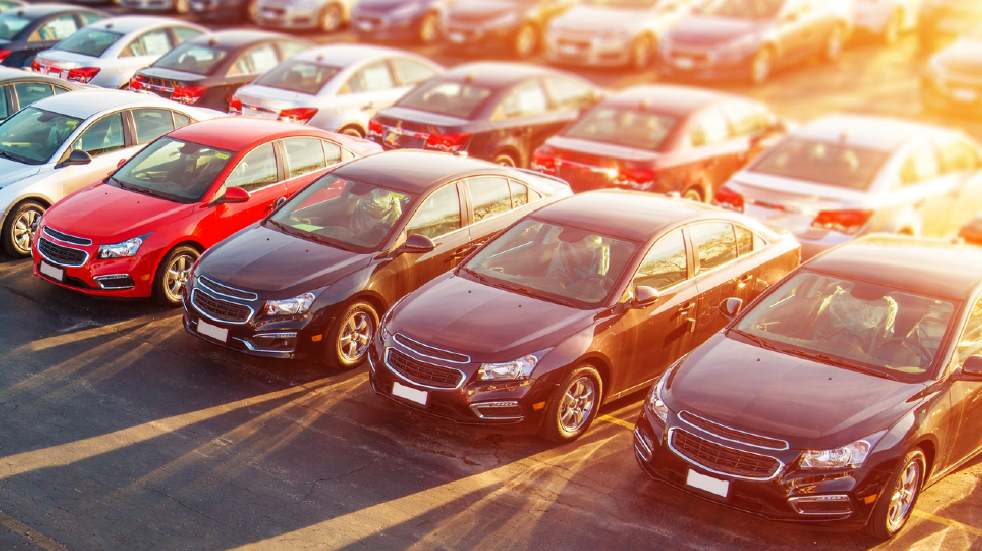
Go to any dealer and you'll find lots of cars that are just a few months old and have just a couple of thousand miles on the clock. Huh? Who sells a car so soon? Answer: the dealer. These cars are often ex-demonstrator cars, like the ones you yourself might test-drive if looking for a new car. Also, dealers often have monthly new-car sales targets to meet, set by the manufacturers who give them a bonus if they manage it. Should they be a few cars short at the end of the month, they'll put number plates on the few they need to hit the target. All those cars will thus have an earlier registration date than when you drive them away, which will slightly decrease their value when you sell. But they'll have almost their full warranty and be very close to new-car spec. They're generally a safe way to get a discount on new.
Bigger discounts are there to be had when a manufacturer replaces one of its range with an all-new model. Any of the previous generation left hanging around, even if they've never been driven, are often cleared away with significant price drops.
Save money when you buy a new car
Boundless members can save up to £10,000 when they buy a new car through our partner Griffin. To find out more, click here.
Photos: Getty Images


.jpg?cw=300&ch=166&hash=58D1948E6FAA648F19B7B0717F096F1C)


